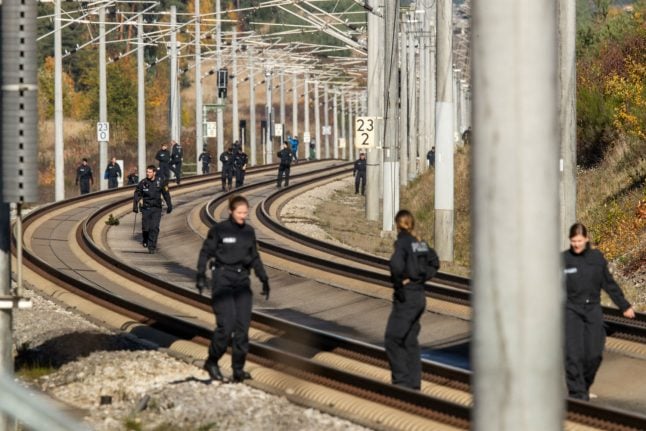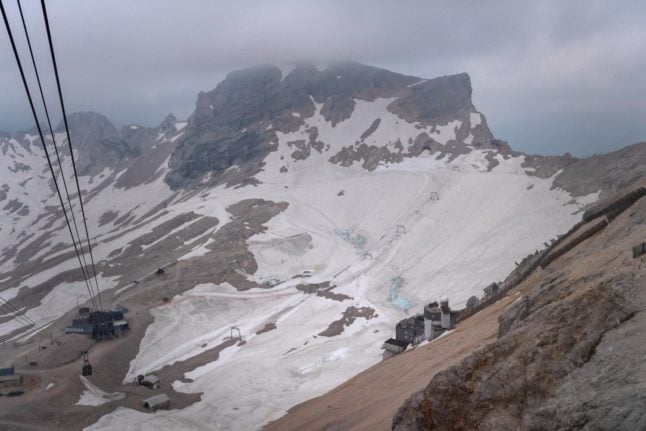The arrest came on the heels of Monday's detention of a 42-year-old Iraqi in Vienna, also suspected in the case.
“Based on a European warrant issued by… Vienna… Czech police detained two foreigners shortly after their arrival at Vaclav Havel Airport in Prague,” Czech police said in a tweet.
They said the two were placed in a police cell and that a court would decide on their extradition to Austria.
SEE ALSO: Train suspect arrested in Austria over 2018 German train sabotage
Marketa Puci, spokeswoman for the Municipal Court in Prague, said the court
had received a custody request from prosecutors, on which it has to decide within 24 hours.
“The request concerns two Iraqi citizens, a man and a woman,” Puci told AFP. Also on Thursday, Austrian Interior Minister Herbert Kickl said in parliament that the two suspects “formed a cell together with the Iraqi”.
The detained are suspected of having strung a steel rope across the tracks between the southern German cities of Munich and Nuremberg, damaging the front window of a train in October last year.
A similar case occurred in December last year near Berlin when an overhead electrical line was damaged. No one was injured in either incident.
Vienna prosecutors said a technical error prevented casualties, adding that writings in Arabic and an Islamic State (IS) flag near the crime scenes established a suspected “terrorist” motive.
The Iraqi has admitted involvement in the two incidents but has denied any terrorist motive for the crimes, which would carry a maximum life-long prison sentence.
Austrian and German authorities worked together leading to Monday's arrest, according to a press release by criminal investigators in Germany's southern state of Bavaria.
Austrian media reported the Iraqi father of five was working at a security company with access to football stadiums.
Germany is on alert following several jihadist attacks in recent years.
The most deadly was committed in 2016 by 23-year-old Tunisian Anis Amri, who killed 12 people when he stole a truck and ploughed it into a Berlin Christmas market.



 Please whitelist us to continue reading.
Please whitelist us to continue reading.
Member comments